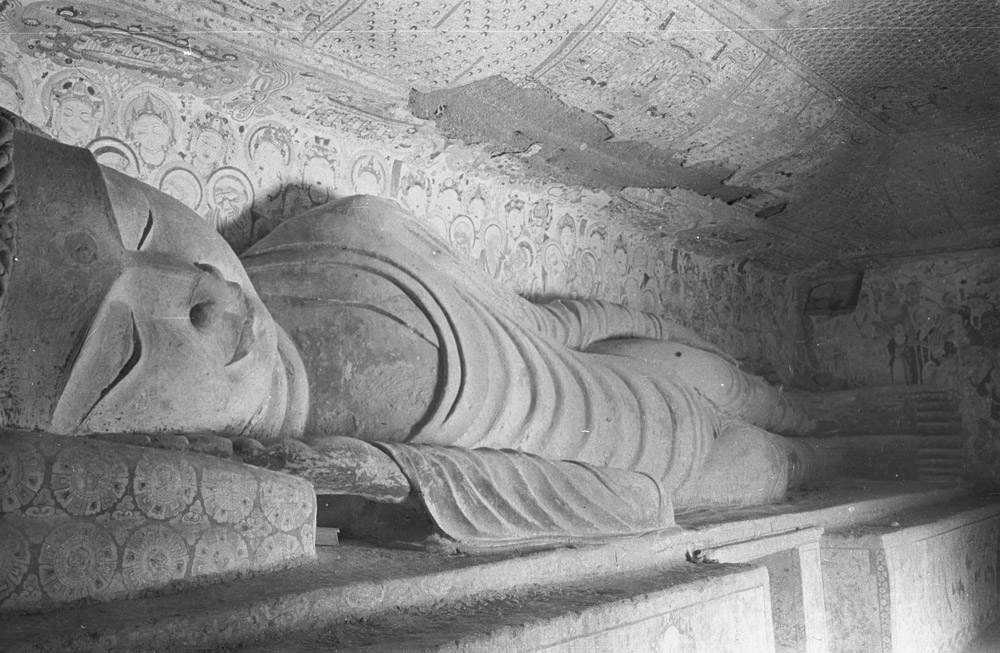
# The Journey to Mindfulness: My Exploration of Buddhism
## Introduction
In life, there are times when we crave insights beyond what the material world offers—questions surrounding existence, suffering, and inner tranquility. For me, Buddhism emerged as the gateway to a richer comprehension of these themes. Its teachings, mindfulness approach, and compassionate philosophy captivated me and reshaped my outlook on life.
## The Appeal of Buddhism
What intrigued me about Buddhism was its embrace of human nature. Unlike many doctrines that enforce rigid behavioral standards, Buddhism recognizes life’s impermanence and permits individuals to feel emotions and thoughts without clinging. Instead of prescribing right or wrong, it promotes mindfulness, self-reflection, and acceptance of the now.
The notion that “nothing lasts eternally, and everything is in a state of flux” struck a profound chord within me. This awareness enabled me to approach my emotions with newfound kindness, understanding that both sorrow and joy are fleeting parts of the human journey.
## Unveiling Meditation
Buddhism introduced me to meditation—an endeavor that radically altered my perception of my thoughts and feelings. Initially, quieting my mind was a challenge, but gradually, I discovered solace in merely observing my thoughts without battling them.
With each inhale, I began to cherish the present, releasing past regrets and future worries. The practice of being present in “nothingness,” where the mind is unburdened by distractions, proved beautiful in itself. It evolved into a haven of clarity and calm amidst the tumult of everyday existence.
## My Initial Encounter with Buddhism in India
My interest in Buddhism intensified during my time at *Sherabling Monastery* in Bir, India. The monastery was an enchanting site adorned with detailed portrayals of mythical beings, Buddhist deities, and the cycle of samsara. Beyond its splendor, what entranced me most was the deep silence and tranquility enveloping the place.
As I meditated in a snug corner of the monastery, the moment whisked me away to a realm of inner peace. The scent of incense, the gentle whispers of prayers, and the sight of monks immersed in their rituals had a significant effect on my mindset.
This experience solidified my intention to delve deeper into Buddhist teachings, leading me to one of the most transformative practices—chanting mantras.
## Avalokiteshvara’s Mantra: A Journey to Compassion
Among the numerous mantras in Buddhism, I felt a pull towards the *Heart Sutra,* linked to *Avalokiteshvara*, the **bodhisattva** of compassion.
Avalokiteshvara is typically represented with multiple arms, signifying his capacity to aid all beings in their suffering. Buddhist lore tells of his commitment to easing the world’s pain, only to be shattered into countless pieces upon realizing that suffering is unending. Yet, divine forces reconstituted him—this time, with even greater strength, to persevere in his mission.
This narrative imparted a vital lesson: compassion is not solely about empathizing with others, but also about recognizing and accepting our own challenges first. We must confront our flaws and suffering before we can extend kindness to others. Chanting Avalokiteshvara’s mantra became a means for me to nurture self-love while fostering unconditional compassion towards everyone.
### Engaging with the Mantra
This profound mantra became essential to my daily routine. It helped me center my mind, release intrusive thoughts, and nurture empathy for both myself and my surroundings.
Through repeated chanting, I sensed an internal transformation—a feeling of tranquility that surpassed words. I discovered that genuine compassion arises when we forgive ourselves, relinquish our ego, and open our hearts to the struggles of others.
For those interested, you can listen to the *Mantra of Avalokiteshvara* [here](https://www.youtube.com/watch?v=rmFJQPovdu0). It is a potent practice that promotes emotional and spiritual healing.
## Conclusion
Buddhism has significantly shaped my perception and interactions with the world. It has taught me to embrace the present, practice mindfulness, and above all, approach life with an open heart.
For anyone on a quest for peace and understanding, Buddhist teachings provide a path of self-exploration—one that doesn’t guarantee a life devoid of suffering but, rather, a means to navigate through it gracefully.
Are you ready to begin this journey as well? Start with meditation, dive into Buddhist teachings, and notice how your outlook on life begins to evolve.
Happy reading, and may your journey be brightened with wisdom and tranquility. 🧘♂️✨